Spanish Vocabulary: Physical Geography Posted by Paula on May 14, 2015 in Spanish Vocabulary
¡Buenas tardes!
El martes pasado mencionamos el terremoto ocurrido en Nepal en la sección Spanish English Parallel Texts, y hoy repasaremos el vocabulario de geografía física para entender esta clase de noticias. ¿Puedes reconocer el nombre en inglés de estas palabras en español?
Términos generales
- Planisferio.
- Relieve: It is originated by orogenesis (orogénesis), erosion (erosión) and sedimentation (sedimentación).
- Estructura interna de la tierra: It consists of three concentric layers: the crust (la corteza), the mantle (el manto) and the core (el núcleo). Movements in the crust, which is rigid and divided in tectonic plates (placas tectónicas) are responsible for continental drift (la deriva continental) and orogenesis.
- Terremoto o seísmo (a veces, sismo): Caused by the continental drift.
- Erupción volcánica: Caused by the violent emission of magma (el magma) along the volcano’s chimney (la chimenea) through the crater (el cráter).
- Erosión: A process of wearing away of the surface by external agents (agentes externos), such as wind, water, ice (viento, agua, hielo)
Formas de relieve continental
- Continentes: Large extensions of earth surrounded by water. There are six continents, in Spanish we call them: Asia, América, África, la Antártida, Europa y Oceanía.
- Montaña: An elevation of the earth’s surface above 700 meters. We also have montes, below 700 meters and cerros, below 200 meters. When you have several lines of mountains, it is called a cordillera, while only one line of mountains is a sierra.
- Meseta: Flat extension of land located 500 meters or more above the sea level.
- Llanura: Flat extension of land closer to the sea level.
- Valle: A plain between two mountains, usually run across by a river.
- Río: Water current that runs from the mountains to the sea, lake or ocean. If it flows into another one, it is called afluente. We refer to el caudal to talk about the amount of water it carries; el cauce is the area through which it runs, and la cuenca is the widest part of el río. If the volume is scarce and intermittent we call it un arroyo.
- Curso del río: It has three parts:
- Curso alto, where we can find:
- los rápidos (steep slope areas)
- las cascadas(where water falls)
- las cataratas (large cascadas)
- los cañones (basins with high vertical walls)
- las gargantas (narrow cañones)
- Curso medio, where meanders are formed (los meandros)
- Curso bajo, the final part before the mouth or estuary (desembocadura).
- Curso alto, where we can find:
- Glaciar: accumulation of snow and ice formed in high mountains, which can wander as if they where rivers. and create valles glaciares.
Formas de relieve costero y oceánico
- Océanos: Large extensions of salt water. There are five, in Spanish we call them: Pacífico, Atlántico, Índico, Glaciar Ártico y Glaciar Antártico. We call el mar to a smaller extension.
- Lago: water mass inside continents, where the terrain is depressed. Un lago pequeño is called una laguna, and un lago muy extenso is called un mar interior.
- Costa: part of land that touches the sea. You may find playas or acantilados.
- Golfo: a portion of an ocean or a sea partly enclosed by land. If it is not that large we call it una bahía.
- Cabo: a portion of land extending out to the sea.
- Península: portion of land almost surrounded by the ocean but for a small part called el istmo.
- Isla: portion of land surrounded by water. Muchas islas make un archipiélago.
Do you recognize these geographical terms? Are you familiar with them, even if just in English? Have fun and leave us a message to let us know if you guessed the words in your language.

Keep learning Spanish with us!
Build vocabulary, practice pronunciation, and more with Transparent Language Online. Available anytime, anywhere, on any device.



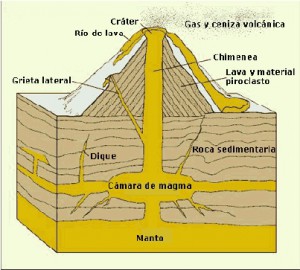
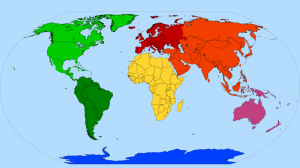
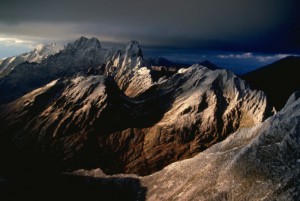
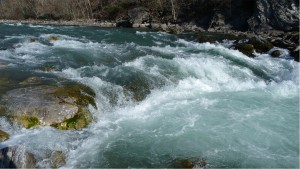
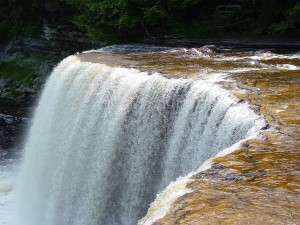
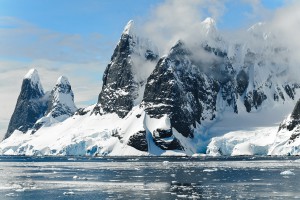
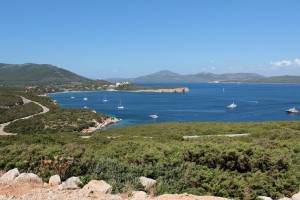
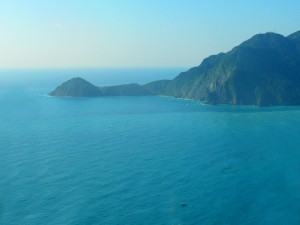

Comments:
andrej:
Buenas noches, Paula
Me gusta tanto este tipo de blogs. Son muy útiles para los estudiantes de nivel avanzado (según el test que has recomendado).
Gracias
Andrej
Transparent Language:
Comment via email:
Gracias por los nuevos ‘Spanish articles’ ! Me gustan mucho !
Denise, una estudiante de español
Lina Bustamante:
Thanks for such helpful information, very explanatory and educational
Would like to continue receiving it